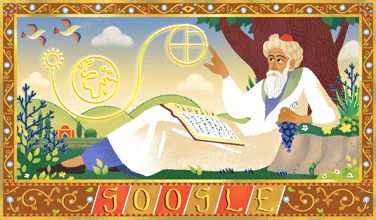A few days ago, we received the sad news of the passing of Prof. Dr. J.T.P. (Hans) de Bruijn, emeritus professor New Persian Language and Culture.
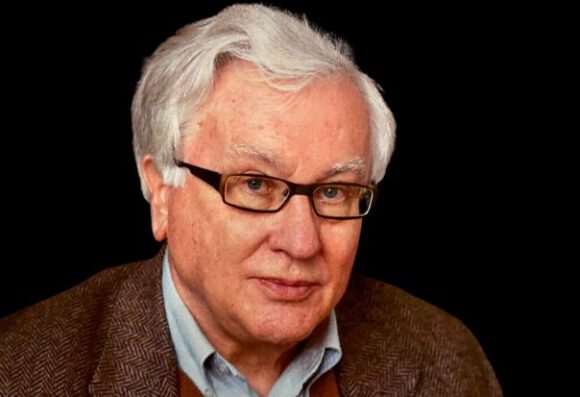 Hans de Bruijn was a member of the Nederlands Omar Khayyám Genootschap since 1997, and he barely missed one of the biannual meetings of the club. Even more than that he nearly always presented a paper on a wide range of Omarian subjects.
Hans de Bruijn was a member of the Nederlands Omar Khayyám Genootschap since 1997, and he barely missed one of the biannual meetings of the club. Even more than that he nearly always presented a paper on a wide range of Omarian subjects.
At first De Bruijn was somewhat reticent regarding the weight and importance assigned to Khayyám. It didn’t stop him however from exploring untrodden fields in Dutch Khayyám reception, always in the broader context of Persian poetry and culture in general. Proof of this wider perspective is his translation of a selection of quatrains older than those translated by E. FitzGerald, together with quatrains from other Persian poets, and an extensive epilogue on the ruba’i, its origins and aftermath, and Khayyám’s appreciation in Dutch poetry: De ware zin heeft niemand nog verstaan. (Amsterdam, Bulaaq, 2009). Preceeding this volume was Een karavaan uit Perzië, an extensive anthology of classical Persian poetry (Amsterdam, Bulaaq, 2002). In 2020 a selection of De Bruijn’s essays and articles was published as Pearls of meaning : studies on art, poetry, sufism and history of Iranian studies in Europe. (Leiden, 2020)
De Bruijn also contributed significantly to the Yearbooks of the Dutch Society, to conferences and a to number of exhibitions in 2001 and 2009.
Hans was a kind, generous person, always interested and full of mild and subtle humor.
Asghar Seyed-Gohrab, presiding the Dutch Society, wrote an In Memoriam on his Beyond Sharia weblog, acknowledging De Bruijn’s academic contributions to the field of Persian culture and Islamic literatures.

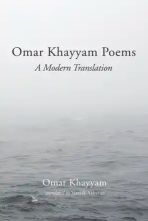
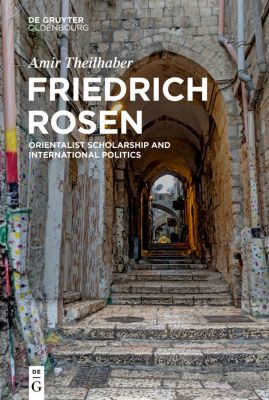
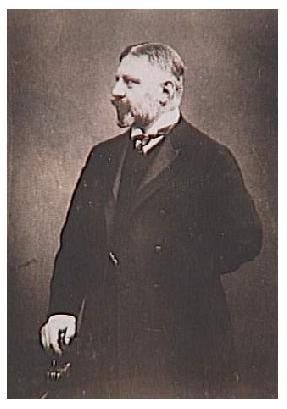 Irankultur.com shows a short article about Friedrich Rosen, the well known German translator of Omar Khayyám’s rubáiyát.
Irankultur.com shows a short article about Friedrich Rosen, the well known German translator of Omar Khayyám’s rubáiyát. 
